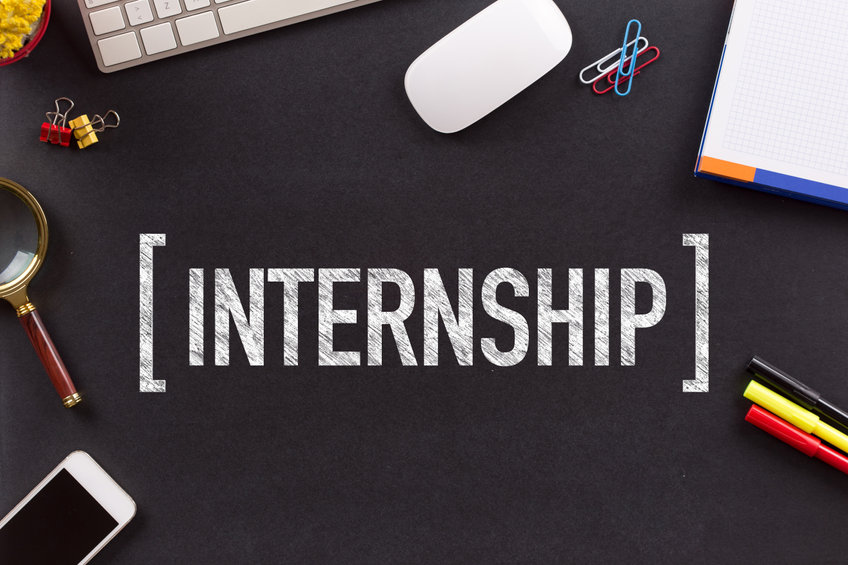Most, if not all students, have done an unpaid internship at some point in their academic careers. Rather than receiving a salary or wage, high school and college students are compensated for their labor with the opportunity to jumpstart their careers and get worthwhile, professional experience. Nonetheless, federal labor laws typically require employers to pay their employees and interns for their work product. Does that mean unpaid internships are illegal? If not, how can that be? Below discusses the guidelines for unpaid internships in the United States.
Are unpaid internships legal?
Yes, they are legal, as long they are compliant with the Department of Labor and the Fair Labor Standards Act. An unpaid intern is not entitled to any minimum wage or overtime.
If so, how does an employer make sure an unpaid internship is compliant with the Fair Labor Standards Act and/or Department of Labor?
Pursuant to the Fair Labor Standards Act, employees of for-profit companies must be compensated for their work; interns, on the other hand, are not considered employees under the Act and are therefore not entitled to payment.
However, unpaid internships are only legal if the intern is determined to be the “primary beneficiary” of the employment; this analysis is set by the seven-point “Primary Beneficiary Test,” which is further discussed below. If the intern is determined to be the primary beneficiary, then the work arrangement is legal under the Fair Labor Standards act. If the employer is the primary beneficiary, then the intern is entitled to minimum wage since the intern is considered an employee under the Act.
Note that the Fair Labor Standards Act does recognize several exceptions. If an intern volunteers in a public sector or non-profit organization without an expectation of payment, like in Congress or at a mayor’s office, then the unpaid internship is permissible. Furthermore, the Act excludes individuals who volunteer at state or local government agencies or at non-profit food banks for humanitarian purposes. If a person freely volunteers their time without expectation of payment for religious, charitable, civic, or humanitarian purposes to non-profit organizations, then they are also not entitled to minimum wage.
Some states even have supplemental requirements for unpaid internships. For example, in New York, there is an additional test with eleven factors that must all be met to properly classify someone as an intern.
What is the “Primary Beneficiary Test?”
Mutual benefit for both the employer and intern is not enough to make an unpaid internship legal. Instead, the unpaid internship should be more beneficial to the intern than to the employer. The Primary Beneficiary Test is a flexible seven-factor assessment outlined by the Department of Labor and U.S. courts to determine whether an intern is an employee under the Fair Labor Standards Act. This test only applies to for-profit companies, not public sector and nonprofit entities. The Department of Labor’s lists out the seven factors:
- The extent to which the intern and the employer clearly understand that there is no expectation of compensation. Any promise of compensation, express or implied, suggests that the intern is an employee—and vice versa.
- The extent to which the internship provides training that would be similar to that which would be given in an educational environment, including the clinical and other hands-on training provided by educational institutions.
- The extent to which the internship is tied to the intern’s formal education program by integrated coursework or the receipt of academic credit.
- The extent to which the internship accommodates the intern’s academic commitments by corresponding to the academic calendar.
- The extent to which the internship’s duration is limited to the period in which the internship provides the intern with beneficial learning.
- The extent to which the intern’s work complements, rather than displaces, the work of paid employees while providing significant educational benefits to the intern.
- The extent to which the intern and the employer understand that the internship is conducted without entitlement to a paid job at the conclusion of the internship.
These factors serve more as guidelines rather than strict, hard-fast rules. No factor outweighs another, and whether an intern is actually an employee is dependent on the particular circumstances of the internship. Accordingly, if the seven-point test reveals that an unpaid intern is actually an employee under the Fair Labor Standards Act, then the intern is entitled to both minimum wage and any overtime pay.
Are there current or any recent lawsuits by unpaid interns?
Due to the potentially exploitative nature of unpaid internships, many unpaid interns have fired back and filed lawsuits against companies that allegedly took advantage of free labor. In 2013, there were lawsuits against Warner Music Group, NBCUniversal, and Fox Searchlight Pictures by unpaid interns who demanded compensation for their labor and work product. In 2017, Mary Kate and Ashley Olsen’s entertainment company, Dualstar Entertainment Group, LLC, settled out of court after being sued by 185 former unpaid interns in a class action lawsuit. The former Dualstar interns claimed they were working 50-hour weeks with no compensation while completing the same tasks as their paid colleagues.








